Between Diagnoses and Dialogue: The Silent Conflict Between Psychiatry and Psychology
Mad in America
JUNE 9, 2025
This pathologisation of suffering fuels a constant expansion of psychiatric categories, feeding the pharmaceutical industry and reinforcing the notion that there is a pill for every pain. Common human experiences — sadness, anxiety, grief, fatigue, disillusionment — are increasingly framed as mental disorders.





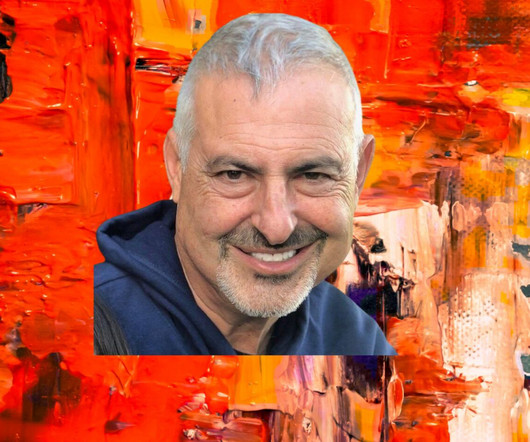
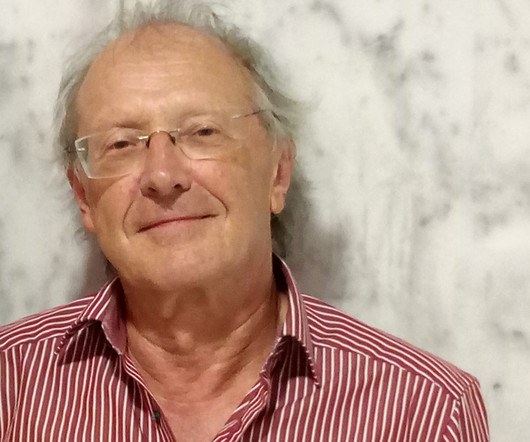




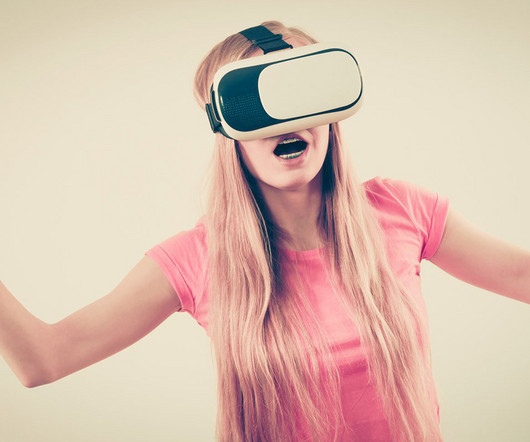
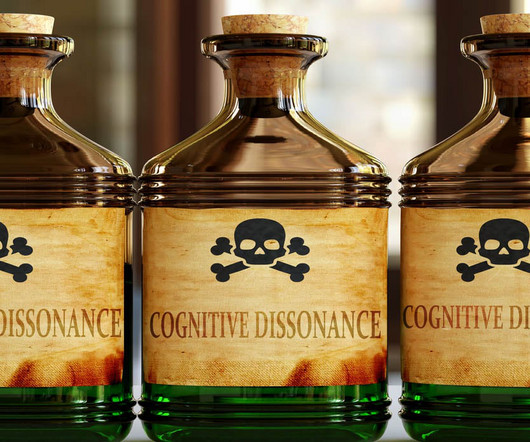
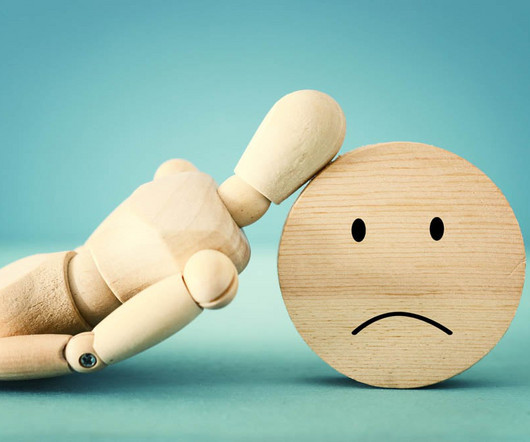
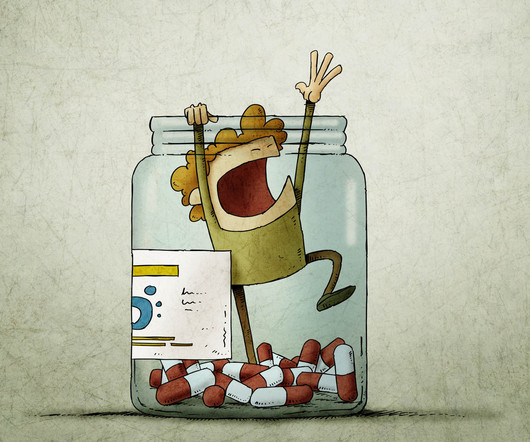
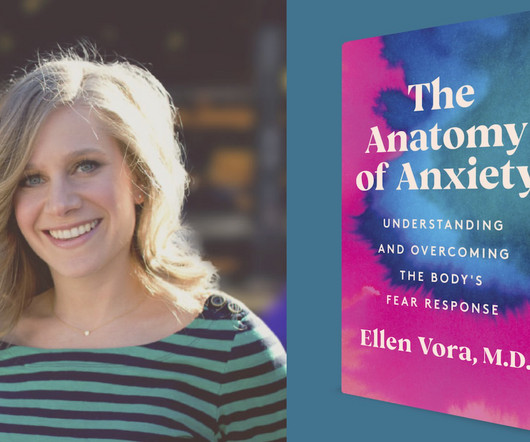
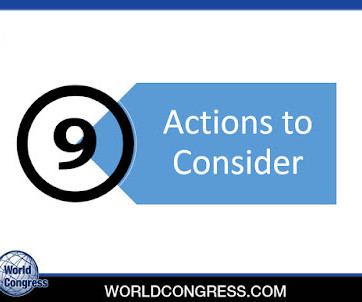




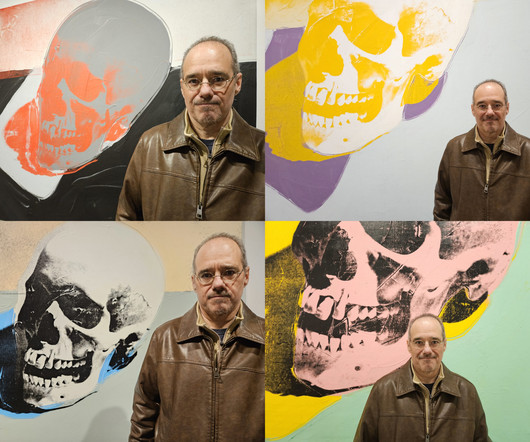







Let's personalize your content